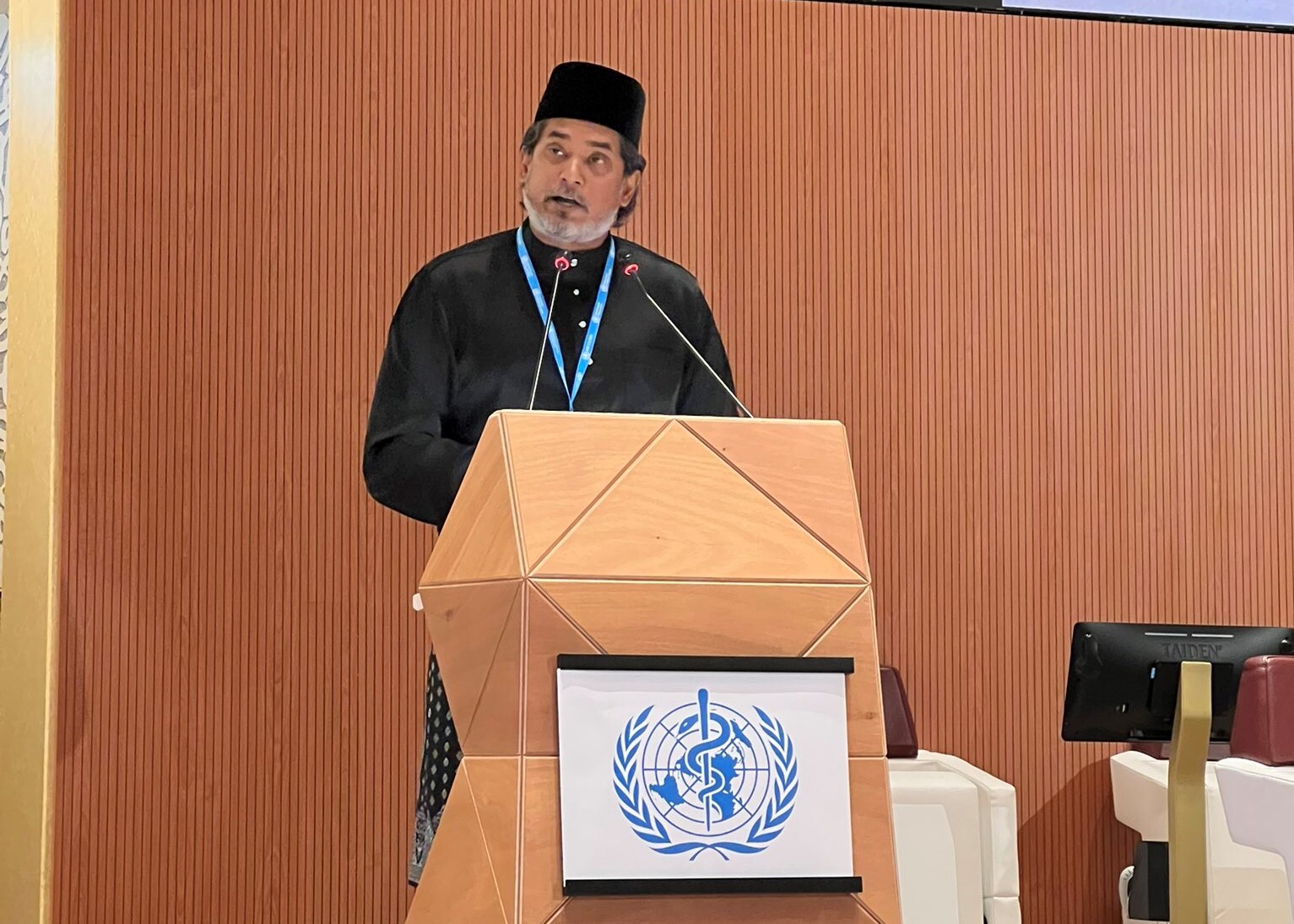KUALA LUMPUR, May 27 – The government has reservations on several suggested amendments to the International Health Regulations (IHR), although Putrajaya does not intend to completely reject the proposal led by the United States.
Health Minister Khairy Jamaluddin cited, as an example, the US’ proposed amendment to Article 9 of the IHR 2005 – or the so-called “pandemic treaty” by the World Health Organization (WHO) – that removes the requirement for WHO to consult with and attempt to obtain verification from the country where a potential global health emergency may be occurring within its territory.
The current wording of Article 9 permits WHO to consider reports from unofficial sources, but requires the global United Nations body to “consult with and attempt to obtain verification” from the country in whose territory a disease outbreak is allegedly happening, before taking action based on such unofficial reports.
America’s proposal instead mandates the WHO to share the information received with other countries – without having to consult with or attempt to verify third-party reports with the government of the affected nation.
“Malaysia and a few other countries believe that the WHO must first inform the country where the event is happening before taking action,” Khairy told a virtual press conference yesterday with Malaysian press from Geneva, Switzerland.
“Based on national sovereignty, I can’t accept that proposed amendment.”
He pointed out that the current international health legislation on the management of public health emergencies simply requires the WHO to consult and to attempt to obtain official verification on third-party reports of potentially global infectious disease outbreaks.
“But even that, they want to eliminate. That’s not fair,” Khairy said.
“If there are reports from NGOs (non-governmental organisations) on the field who directly report to the WHO, but we don’t know and we’re not informed, and action is taken against our country, I think that’s not fair.”
The proposal led by the US, which is supported by the European Union (EU) and 19 co-sponsor states, including the United Kingdom, Australia, India, Japan, and South Korea – also seeks to authorise the WHO to deploy international expert teams to contagion sites, without needing a prior request from the affected country.
The US further proposes empowering the WHO to unilaterally declare a public health emergency of international concern (PHEIC) without needing to consult or to get agreement from the country where an infectious disease outbreak is occurring.
African countries and Iran have reportedly objected to the US-led proposal to significantly enhance WHO’s executive emergency powers.








